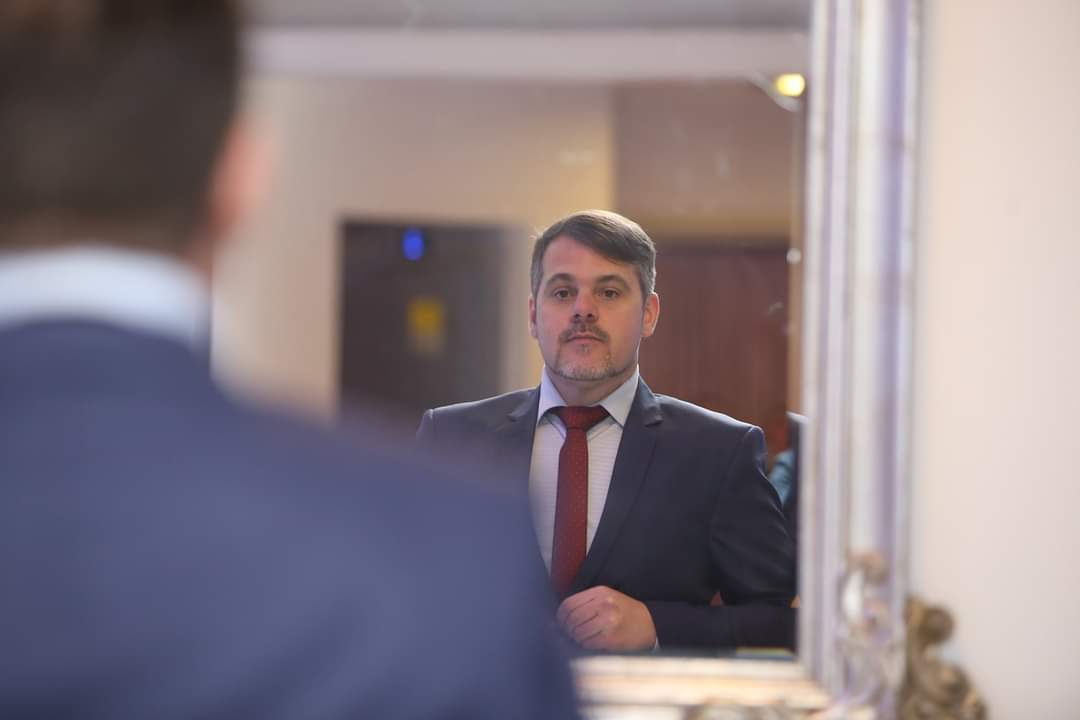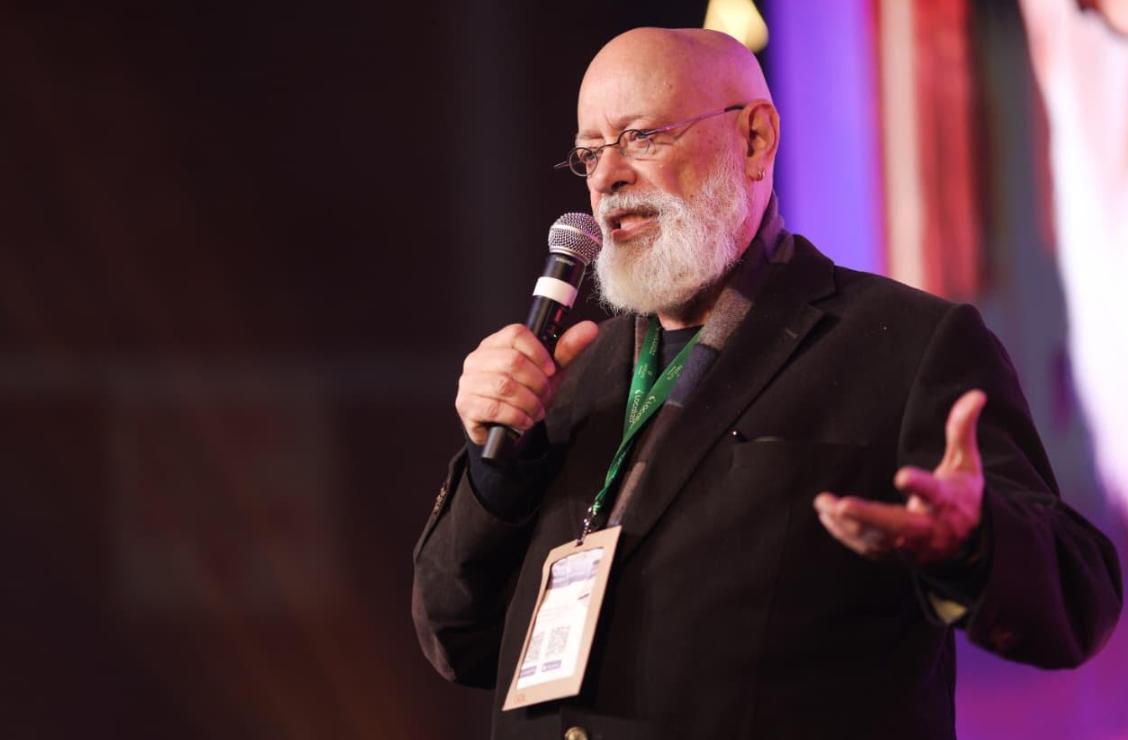
Concerned that her granddaughter would not get to know the same Amazon and Jericoacoara that she knows today, businesswoman Priscila Bentes created SeloXIS in 2018, a certification that evaluates more than 100 ESG indicators and recognizes sustainable practices in hotels and tourist events. To present and disseminate the initiative, Priscila took the stage at the 37th edition of Festuris – Gramado International Tourism Fair on Saturday morning (8).
“We have our own methodology developed from the main frameworks in the market. We evaluate practices in the environmental, social, and governance spheres,” explained the businesswoman. Currently, there are more than 20 certified tourism enterprises. “And Festuris is the first event to receive our seal,” she said. After the presentation, Festuris CEOs Marta Rossi and Eduardo Zorzanello received the certificate.
Saturday was also marked by the presence of Diego José Baeza Martignago, advisor to the Chilean Undersecretary of Tourism. He presented the country's astro-tourism itineraries, designed for stargazing in “the clearest sky in the world.” "Our sky is infinite, our journey is infinite. Today, Chile has 40 astronomical observatories. Of these, 27 are dedicated to tourism," he said. Unique geographical features, such as the Andes Mountains on one side and the Pacific Ocean on the other, give the region 300 days of clear skies per year.
The future is lived in the present
In her presentation, Gabriela Figueiredo, director of Luxury Tourism at Matueté, showed that the role of the travel agent has evolved and is now defined as a travel designer, in which the tourism professional manages the customer's experience and time. “The travel designer is like an architect: they plan the best use of something extremely valuable today—free time,” she compared.
Innovation expert Luiz Candreva provoked the audience with many ideas, including the maxim that we can find the future by living in the present. For him, the era of the monopoly of human thought to build tomorrow is over. According to him, artificial intelligence is no longer a simple tool but has become a kind of co-pilot for humanity. And, he said, very soon, it may take on the role of ‘pilot,’ making humans passengers in the creative process. Candreva also pointed out seven lessons for the future, including the profession that will stand out going forward: “It will be one in which people are solvers of complex problems. So, what skills do you already have that could solve these issues?”
Answers are in the now
One of the highlights of the Meeting was the participation of philosopher Luiz Felipe Pondé, who made a comprehensive analysis of the behavioral trends that will shape the future of tourism and society, dismissing obvious predictions made by so-called “gurus” of tomorrow. He argued that social transformations stem from a series of tangible factors, such as the global decline in birth rates, driven by the expansion of women's social and economic roles and the increasingly fast pace of life.
Pondé also linked the future of human behavior to the evolution of the media, explaining that every revolution in the press—from Gutenberg's printing press, through radio, to the era of social media—changes the political and cultural context. “This is how we predict the future: by observing concrete behavior in the present,” he summarized. For him, the 21st century will not bring miracles or big surprises, but rather the unfolding of what is already before us.







